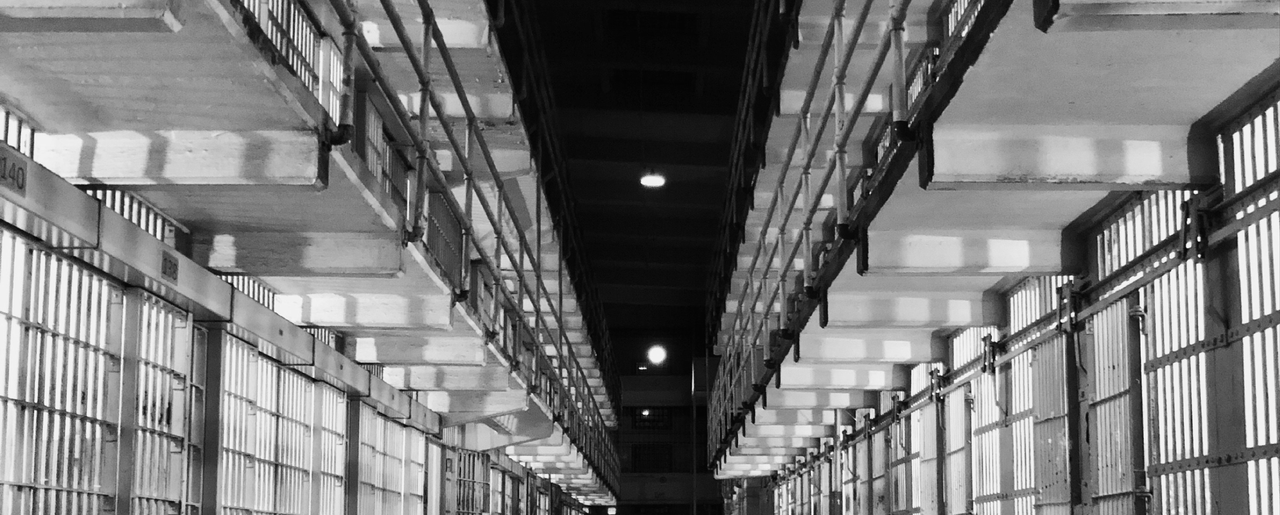Overview
The primary means of execution in the U.S. have been hanging, electrocution, the gas chamber, firing squad, and lethal injection. The Supreme Court has never found a method of execution to be unconstitutional, though some methods have been declared unconstitutional by state courts. The predominance of lethal injection as the preferred means of execution in all states in the modern era may have put off any judgment by the Court regarding older methods.
Because of a resistance by drug manufacturers to provide the drugs typically used in lethal injections, some states now allow the use of alternative methods if lethal injection cannot be performed. Controversies surrounding the method to be used have delayed executions in many states, contributing to an overall decline in the use of the death penalty.
Authorized Methods
NOTE: [Brackets] around a state indicate that the state authorizes the listed method as an alternative method if other methods are found to be unconstitutional or are unavailable/impractical.
| Method | # of executions by method since 1976 | # of states authorizing method | Jurisdictions that Authorize |
|---|---|---|---|
| Lethal Injection | 1445 | 28 states+ and U.S. Military and U.S. Gov’t In South Carolina, lethal injection may be elected as an alternative method, if available. +includes 1 state that no longer have an active death penalty | Alabama, Arizona, Arkansas, California, Florida^, Georgia, Idaho, Indiana, Kansas, Kentucky, Louisiana, Mississippi, Missouri, Montana, Nebraska, Nevada, New Hampshire*, North Carolina, Ohio, Oklahoma, Oregon, Pennsylvania, [South Carolina], South Dakota, Tennessee^, Texas, Utah, Wyoming, U.S. Military, U.S. Government *New Hampshire abolished the death penalty but the repeal may not apply retroactively, leaving a prisoner on death row facing possible execution. To find the drug protocols used by states, see State-by-State Lethal Injection. |
| Electrocution | 163 | 9 states (in South Carolina, electrocution is the default method; the other 8 have lethal injection as default method). | [Alabama], [Arkansas], Florida, Kentucky, [Louisiana], [Mississippi], [Oklahoma], South Carolina, [Tennessee] The supreme courts of Georgia (2001) and Nebraska (2008) have ruled that the use of the electric chair violates their state constitutional prohibitions against cruel and unusual punishment. Virginia had authorized the electric chair as a method of execution in some cases, but it repealed the death penalty in March 2021. |
| Lethal Gas | 17 | 9 states (all have lethal injection as default method) | [Alabama], [Arkansas], Arizona, California, [Louisiana], [Mississippi], Missouri, [Oklahoma], [Wyoming] Five states (Alabama, Arkansas, Louisiana, Mississippi, and Oklahoma) specifically authorize execution by nitrogen hypoxia. Alabama and Louisiana have issued a protocol for its use. Alabama and Louisiana are the only states that have performed an execution by nitrogen hypoxia. |
| Firing Squad | 5 | 5 states (in Idaho, firing squad will be the primary method eff. July 2026; in South Carolina, electrocution is the default method; the other states have lethal injection as primary method) | Idaho, [Mississippi], [Oklahoma], [Utah], [South Carolina] |
^Both Florida and Tennessee explicitly authorize lethal injection and electrocution, but state that, if those methods are found unconstitutional, prisoners may be executed by any constitutional method of execution.
News & Developments
News
Jul 15, 2025
Kentucky Governor Cites Constitutional Concerns with Execution Protocol and Drug Acquisition Issues in Refusal to Set Execution Date
In June 2025, Kentucky Attorney General Russell Coleman requested that Governor Andy Beshear set an execution date for death row prisoner Ralph Baze. In a late June 2025 reply, Gov. Beshear declined to do so because of an April 2025 Franklin County Circuit Court ruling that found part of Kentucky’s execution protocol unconstitutional. Gov. Beshear indicated that several steps must be taken by the Department of Corrections (DOC) to address the issues raised by the court…
Read MoreNews
Jun 04, 2025
2025 Roundup of Death Penalty Related Legislation
More than one hundred bills have been introduced this year in 34 states and in Congress to expand and limit use of the death penalty, abolish and reinstate the death penalty, modify execution protocols and secret the information about them, and alter aspects of capital trials. Thus far, nine bills in five states have been enacted, with Florida enacting the most legislation. Of the bills that have been signed into law, three modify execution protocols; two expand…
Read MoreNews
May 21, 2025
DPI’s Podcast 12:01 The Death Penalty in Context: Author Corinna Barrett Lain on the “Untold Story” of Lethal Injection
In this month’s podcast episode of 12:01 The Death Penalty in Context, DPI’s Managing Director Anne Holsinger speaks with Corinna Barrett Lain, the S.D. Roberts & Sandra Moore Professor of Law at the University of Richmond School of Law and author of the recently published book, Secrets of the Killing State: The Untold Story of Lethal Injection. Ms. Lain’s new book challenges a widely held assumption that lethal injection is a painless, regulated, and medically-sound…
Read MoreNews
May 05, 2025
Federal Judge in Idaho Orders Department of Corrections Must Allow Greater Media Access to Executions
On April 29, 2025, U.S. District Judge Debora K. Grasham ordered the Idaho Department of Corrections (IDOC) to give media witnesses to an execution“audio and visual access to the preparation and administration of the lethal injection drugs.” The ruling stems from a December 2024 lawsuit filed by the Associated Press, The Idaho Statesman, and East Idaho News, which argued that media outlets were being unconstitutionally prohibited from viewing“key steps” in Idaho’s…
Read MoreNews
Mar 19, 2025
Louisiana Resumes Executions After 15-Year Hiatus with First Nitrogen Gas Execution
After a series of last-minute legal challenges, culminating with a denial of stay from the U.S. Supreme Court, Louisiana executed Jessie Hoffman on March 18, 2025. Mr. Hoffman’s execution marked both the state’s first execution in 15 years and the state’s first execution using nitrogen gas — only the second state to use this new method. State officials acknowledged that Mr. Hoffman exhibited“convulsive activity” as he inhaled nitrogen gas through a mask while…
Read More

